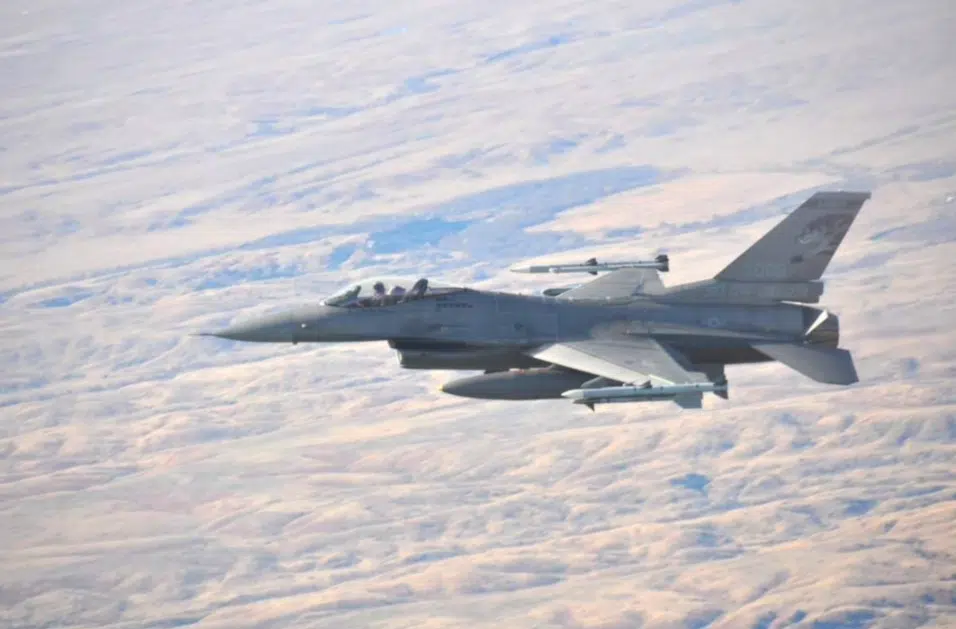
SIOUX FALLS, S.D. (KELO.com) — The Civil Air Patroil played an important part in recent South Dakota Air National Guard Training.
Here is the text of the Civil Air Patrol Press release:
South Dakota Wing, Civil Air Patrol, played a crucial part in South Dakota Air National Guard 114th Fighter Wing aerial intercept training May 12 and 13 by playing the role of adversary aircraft flying in restricted air space. The training helped the Air Guard be ready for the possible real-world need to intercept aircraft having emergencies, violations of Temporary Flight Restriction areas, and other aerial targets.
“The benefit of working with Civil Air Patrol, or CAP, is having a professional group of pilots that know and understand what we require, and what to expect. They have been very supportive of our exercises,” said Maj. Casey Minor, 175th Fighter Squadron Training Officer.
CAP is the noncombatant civilian auxiliary of the Air Force. It performs USAF missions that are part of the USAF’s support of civil authorities to save lives, relieve suffering, prevent property damage and provide humanitarian assistance. CAP also provides direct support to the Air Force, such as the SDANG training flights this week.
“Our CAP pilots enjoy supporting the Air Guard with these training flights,” said Col. Nick Gengler, commander of CAP in South Dakota, known as South Dakota Wing. “F-16s fly fast, and our CAP planes fly slow by comparison. Intercepting and following a civilian target means that the jets need to fly a lot slower than usual. CAP is happy to help the guard pilots as they train for safe and effective intercepts.”
CAP has over 400 members in South Dakota with units in Brookings, Custer, Miller, Pierre, Rapid City, Sioux Falls, Spearfish and Tea. The wing can deploy its six aircraft, ground teams and small search drones to assist in emergency response and other support to local, state, tribal and federal agencies. CAP also develops young leaders through its cadet program and promoted aerospace education.
(Lt. Col. Michael Marek, CAP contributed to this report)




